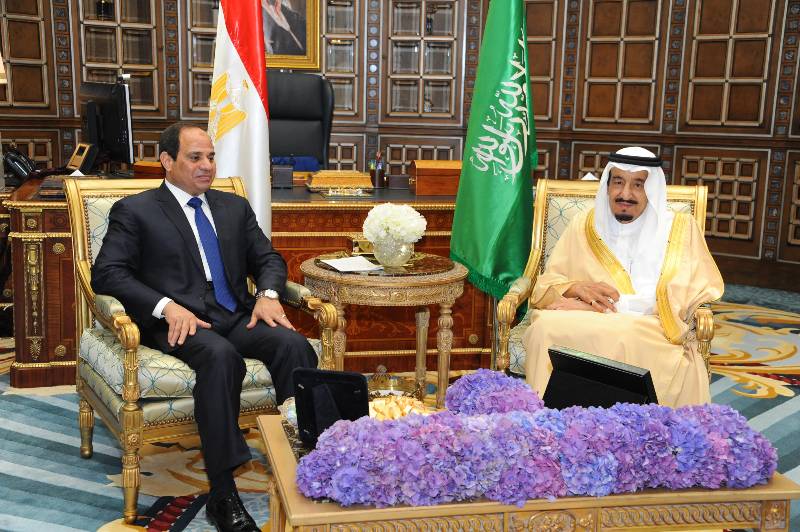Yemen seeks Gulf states’ intervention to thwart Houthis
The Yemeni government has called for intervention by the Gulf Arab states to stall the advance of the Shia Houthi rebels in the strife-torn country, according to media reports.

Arab leaders are planning a summit this weekend in Egypt to consider a proposal to create a joint Arab defence force, an idea promoted by Saudi Arabia and Egypt to intervene in regional crises like in Yemen and Bahrain.
The GCC comprises Bahrain, Kuwait, Oman Qatar, Saudi Arabia and the United Arab Emirates.
Yasin also said that he had asked the UN and GCC to impose a no-fly zone, after Houthi warplanes hit the presidential palace in Aden last week.
Last month, the Houthis ousted President Abd Rabbuh Mansour Hadi, who fled to the southern port city of Aden where he established a rival power base.
On Sunday, the Houthis seized Taiz, Yemen’s third largest city, bringing them closer to Aden.
However, security forces and tribal militias loyal to Yemeni President Hadi on Monday repelled an attack by the Houthis in the southern part of the country, Spanish news agency Efe reported.
The UN has warned that Yemen is on the edge of a civil war.
The Houthis’ rise has alarmed the GCC, and in particular, Sunni-controlled Saudi Arabia, which accuses the Houthis of being a proxy for their key regional rival, the Shia-majority Iran. Both the Houthis and Iran have denied the Saudi claims.
On Monday, Saudi Foreign Minister Saud al-Faisal warned that the Gulf states could take action to support Hadi.
“If this issue is not solved peacefully, we will take the necessary measures to protect the region from their (Houthis’) aggression,” said al-Faisal.
UN envoy to Yemen, Jamal Benomar, told the BBC that the Saudis had “good reasons” to be concerned about the situation.
However, he added: “I don’t think any side could win a civil war. No side can win a civil war — the only way forward is negotiation, which implies concession from all sides, which implies also, a compromise.”
Britain has meanwhile joined the US in withdrawing special military forces from Yemen because of the deteriorating situation there.
Further deepening the crisis, the Islamic State (IS) terrorist group appears to have emerged as a force in Yemen.
A purported local IS affiliate said that it was behind an attack that left nearly 30 dead in the Lahij province, near Aden, while another branch claimed the suicide attacks last week in capital Sanaa and the Sadaa province that left more than 130 people dead and over 300 injured.
Yemen has been mired in deep political conflict since the Houthis seized power in early February, which worsened after the Yemeni president’s flight to Aden.
More than a dozen countries have closed their embassies in Sanaa in protest against the Houthi takeover of Sanaa and for security concerns.









